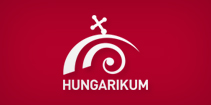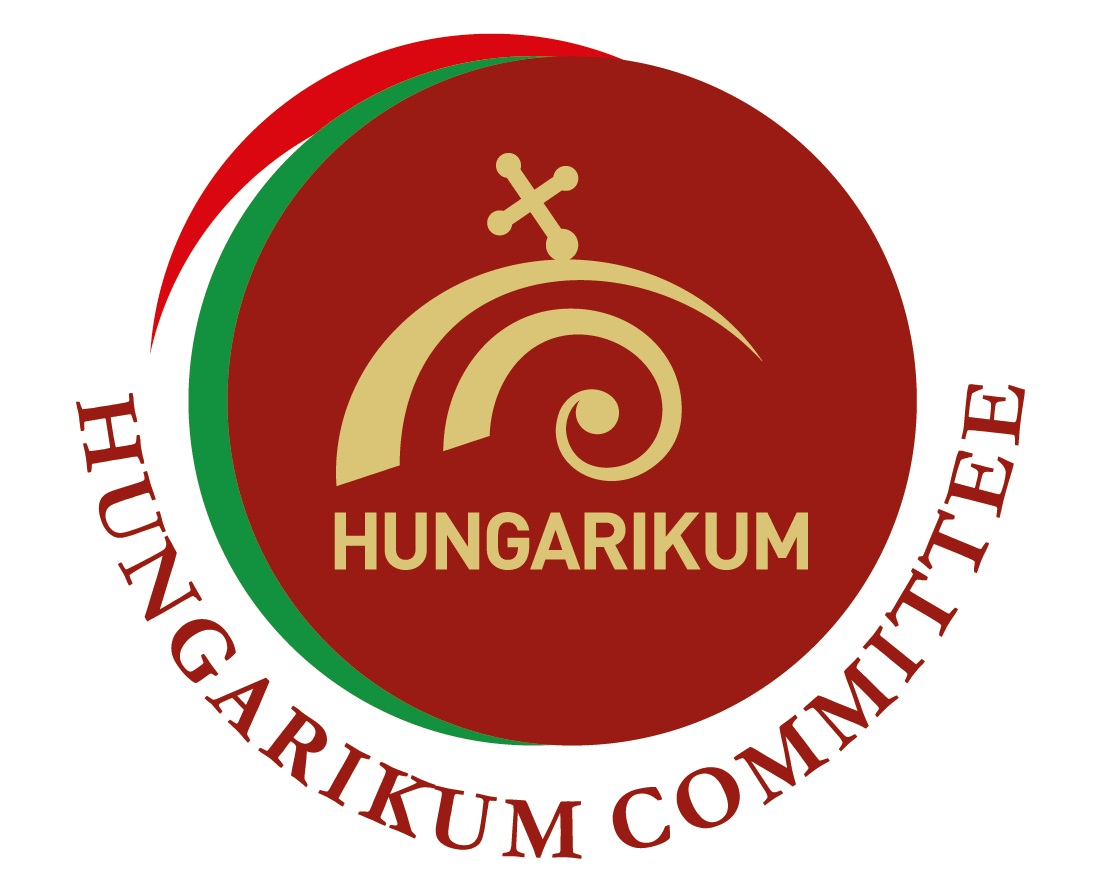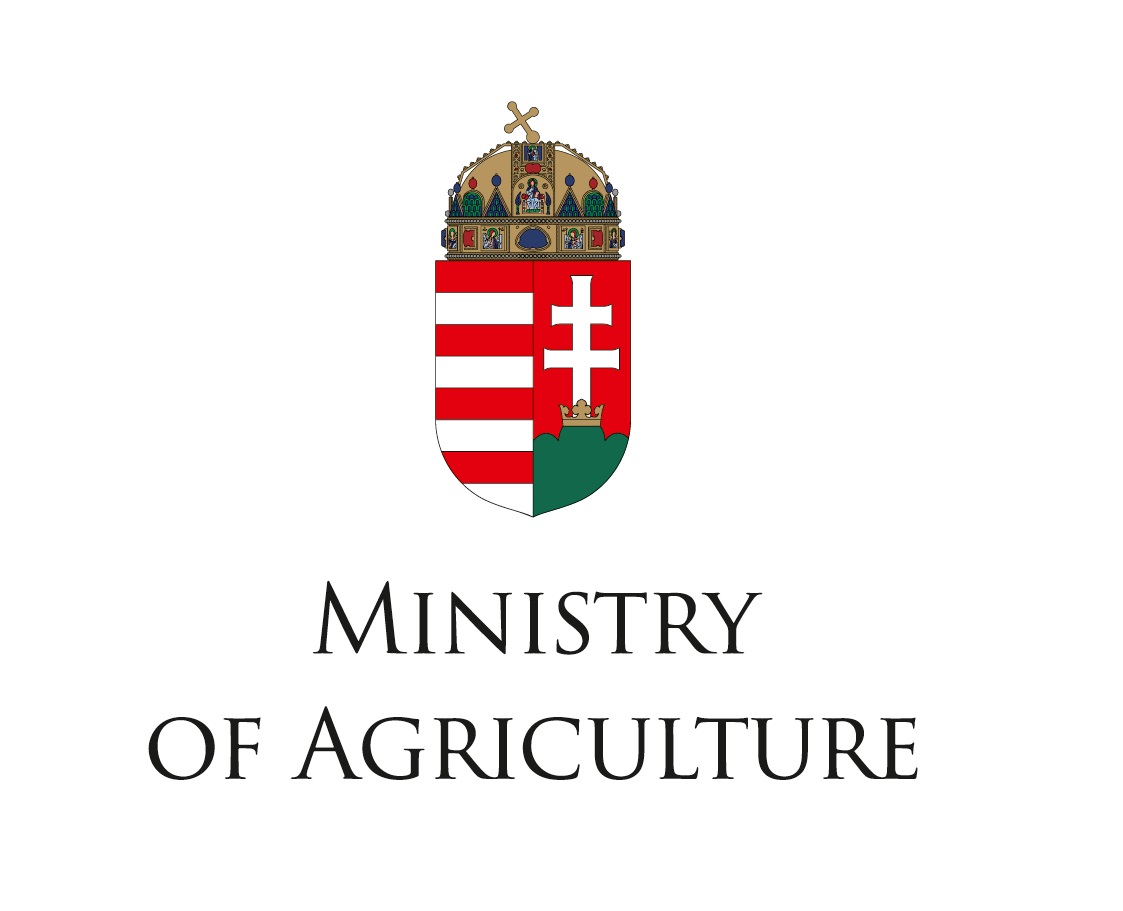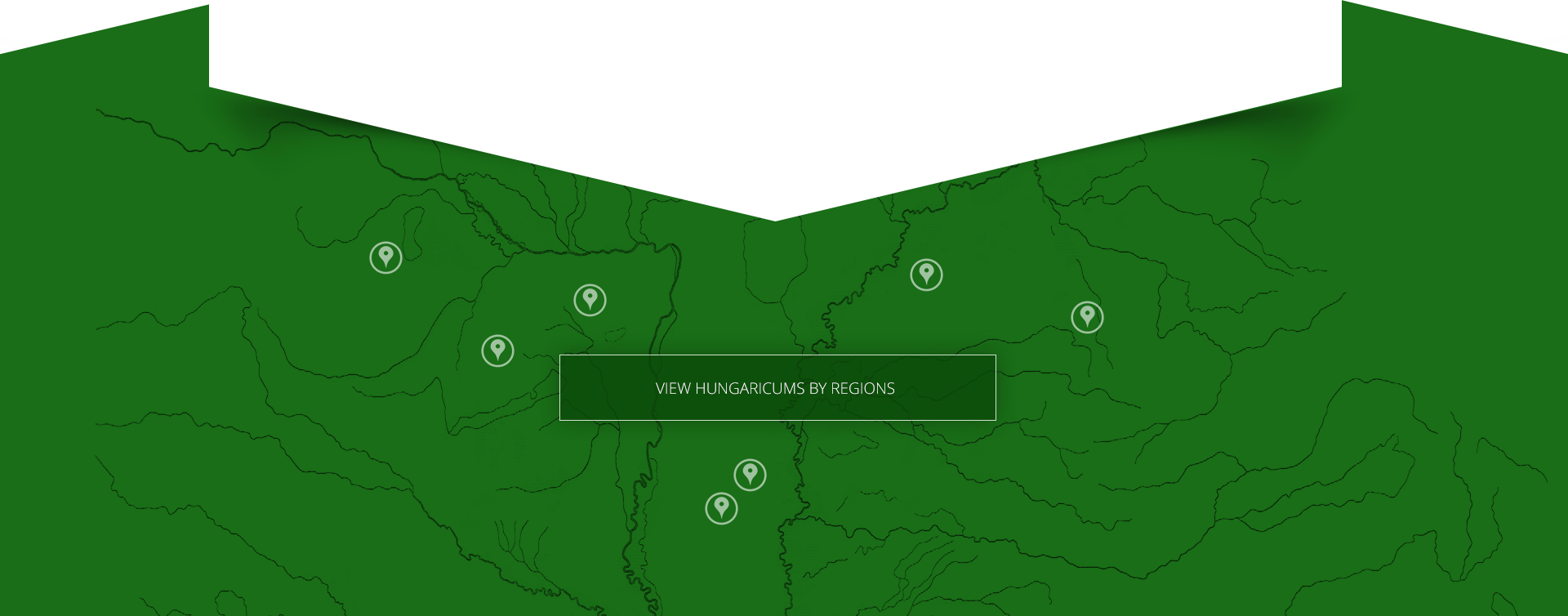Nemzeti értékek
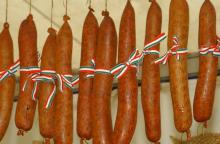
The tradition of the sausage from Csaba is dated back to the Napoleonic wars.
In 1826 soda water was created by the Benedictine monk and natural scientist Ányos Jedlik.

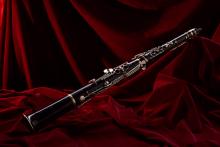
Tárogató has been accompanying our history ever since the arrival of Hungarians to this land.

Teqball is a football-based sport, played on a specially-curved table, which is attracting a new generation of athletes.
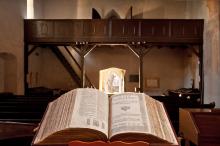
Gáspár Károli, a Calvinist pastor was a superintendent of Kassavölgy Diocese. He translated and published the first Bible to Hungarian in 1590, which made the name of his settlement known beyond the borders of the country. Gáspár Károli not only translated but also maintained, edited and published the Bible in Hungarian. The language of this Bible contributed a great deal to the development, shaping, dissemination and formulation of the Hungarian culture and language, and has remained a definite and valuable event in the history of the Hungarian nation in its spirit and as an object. The 425-year-old publication has an immense cultural, religious and historical linguistic value.
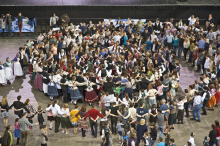
Whether beginners or more advanced dancers, they can all have a good time together at the Folk Dance House.
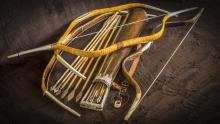
The complex Hungarian horn bow from the 9th-11th centuries, belongs to the group of the complex reflex bows of the people who used to live on the Euro-Asian steppes.

The Hungarian District Nurse Service is a scientific, intellectual and community asset that is closely related to Hungarian knowledge and tradition.
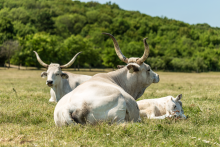
With its impressive appearance, boisterous character and high degree tolerance, the Hungarian grew cattle is our best known indigenous domesticated animal.

